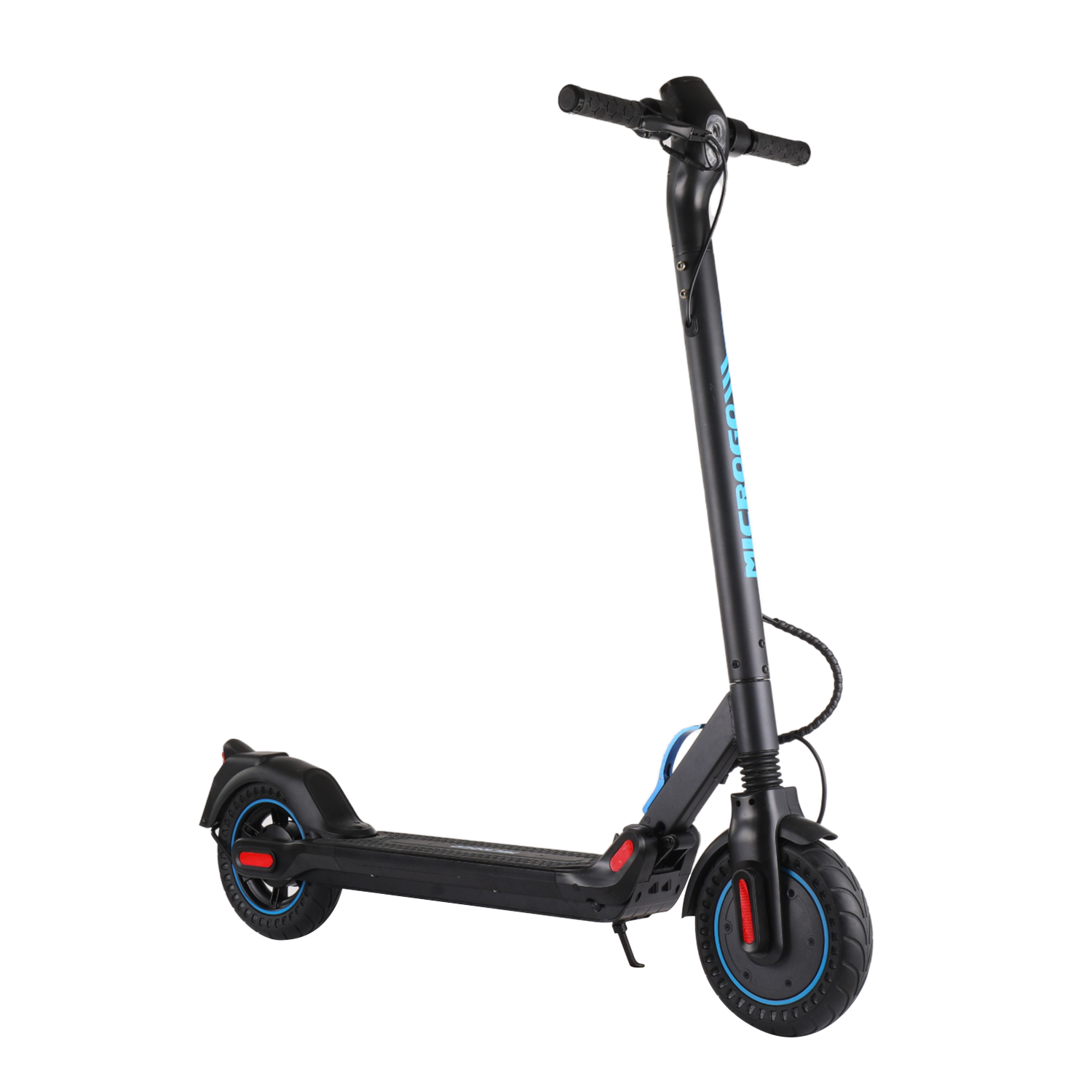Electric Scooter vs. Traditional Transportation: Assessing the Pros and Cons
الجسم
Electric scooters have become increasingly popular in recent years as a convenient and eco-friendly mode of transportation. However, when comparing electric scooters to traditional transportation methods, such as cars or bicycles, it is important to consider the pros and cons of each option. In this article, we will delve into the advantages and disadvantages of electric scooters and traditional transportation, providing you with a comprehensive understanding of the topic.

Electric Scooters: A Sustainable and Efficient Choice
One of the main advantages of electric scooters is their sustainability. Unlike cars, which rely on fossil fuels and contribute to air pollution, electric scooters are powered by electricity and produce zero emissions. This makes them an environmentally friendly alternative for short-distance commuting.
Electric scooters are also highly efficient in terms of energy consumption. They require less energy to operate compared to cars, making them a cost-effective option for daily transportation. Additionally, their compact size allows for easy maneuverability in congested urban areas, reducing travel time and increasing efficiency.
Traditional Transportation: The Familiar and Versatile Choice
While electric scooters offer numerous benefits, traditional transportation methods have their own advantages. Cars, for example, provide a familiar and comfortable mode of transportation. They offer protection from the elements and can accommodate multiple passengers and cargo, making them suitable for various purposes, such as family outings or grocery shopping.
Bicycles, on the other hand, are a popular choice for those seeking an active and healthy lifestyle. Cycling not only provides exercise but also allows individuals to enjoy the surrounding environment. Bicycles are often more affordable than electric scooters and require minimal maintenance, making them a budget-friendly option for many.
Pros and Cons of Electric Scooters
Electric scooters have several advantages that make them an attractive choice for many commuters. They are lightweight and portable, allowing for easy storage and transportation. Electric scooters are also relatively affordable compared to cars and can be a cost-effective solution for short-distance travel.
However, electric scooters also have their drawbacks. They have limited range and battery life, which may not be suitable for long-distance commuting. Additionally, the availability of charging stations can be a challenge in some areas, limiting the convenience of electric scooters.
Pros and Cons of Traditional Transportation
Traditional transportation methods, such as cars and bicycles, offer their own set of advantages and disadvantages. Cars provide comfort, convenience, and versatility, but they are also expensive to purchase, maintain, and operate. They contribute to traffic congestion and air pollution, which are significant environmental concerns.
Bicycles, on the other hand, are a sustainable and healthy mode of transportation. They are affordable, require minimal maintenance, and promote physical activity. However, bicycles may not be suitable for individuals with physical limitations or those needing to transport heavy loads.
Overall, the choice between electric scooters and traditional transportation depends on individual preferences, needs, and circumstances. Electric scooters are a sustainable and efficient option for short-distance commuting, while traditional transportation methods offer familiarity, versatility, and health benefits.
For more information on electric scooters and traditional transportation, you can visit the following credible sources:










تعليقات